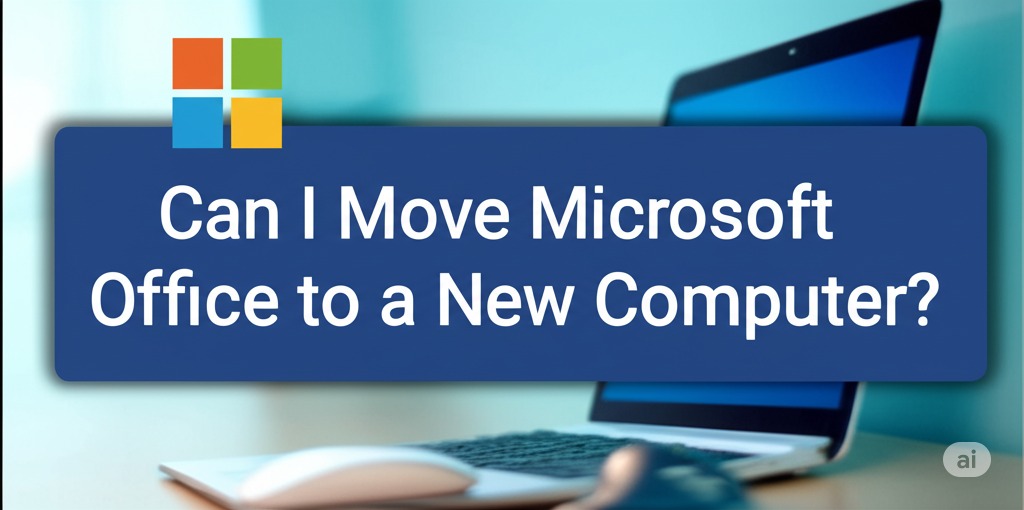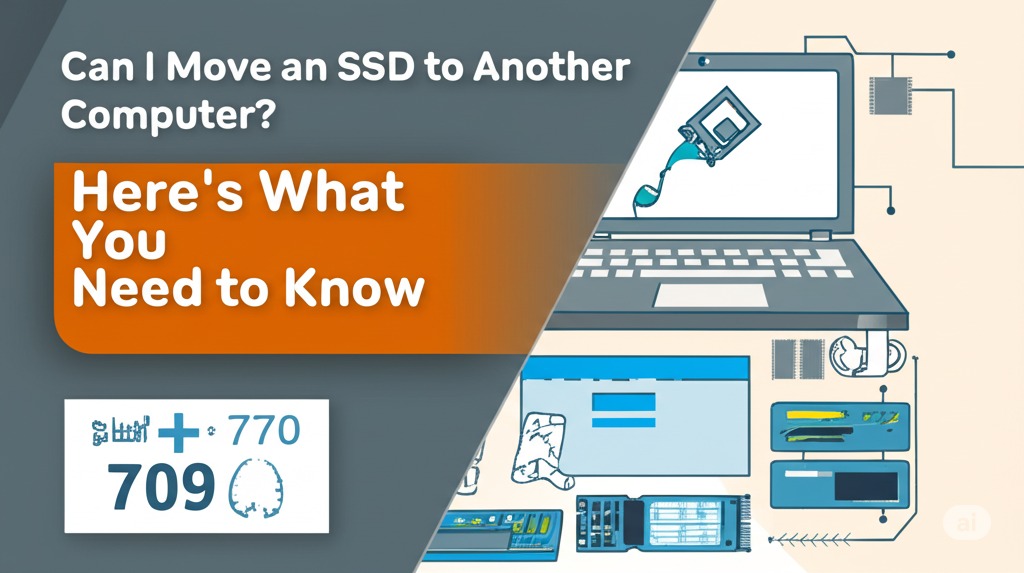Introduction
In today’s fast-paced digital world, computing needs are evolving. Traditional desktop computers and bulky laptops are no longer the only options for personal and professional use. Mini computers—compact, powerful, and versatile—are gaining popularity. But are mini computers any good? In this article, we’ll explore their advantages, limitations, and ideal use cases to help you decide if a mini PC is the right choice for you.
What Is a Mini Computer?
A mini computer, also known as a mini PC, is a small, lightweight computing device that packs the essential components of a traditional computer into a compact form. They come in various sizes and configurations, ranging from pocket-sized units to slightly larger models that can handle intensive tasks.
Key Features of Mini Computers
- Compact and space-saving design
- Low power consumption
- Affordable price range
- Varied performance levels (from basic computing to gaming and high-end applications)
- Quiet operation due to fanless cooling systems in some models
Advantages of Mini Computers
1. Space-Saving and Portability
One of the biggest benefits of mini computers is their small footprint. Unlike traditional desktops, they take up minimal space, making them ideal for small offices, dorm rooms, and travel. Many models are even VESA-mountable, allowing them to be attached to the back of a monitor.
2. Energy Efficiency
Mini PCs consume significantly less power compared to standard desktops. This reduces electricity bills and makes them a more sustainable choice for environmentally conscious users.
3. Cost-Effectiveness
Mini computers are generally more affordable than full-sized desktops and high-end laptops. They provide a great balance of price and performance, especially for tasks like web browsing, document editing, and media consumption.
4. Performance for Various Needs
While some mini computers are designed for basic tasks, others come with high-end processors, ample RAM, and SSD storage to handle demanding applications such as video editing, software development, and gaming.
5. Quiet and Cool Operation
Many mini PCs use passive cooling systems, making them virtually silent during operation. This is a huge plus for users who need a distraction-free environment.
Limitations of Mini Computers
1. Limited Upgradeability
Unlike traditional desktops, mini PCs often have non-upgradable components, such as soldered RAM or fixed storage. Some models allow upgrades, but they are usually more restricted.
2. Lower Performance for Heavy Tasks
While there are powerful mini PCs available, they may not match the performance of a full-sized desktop with a dedicated graphics card and superior cooling. High-end gaming and complex 3D rendering might be challenging on a mini PC.
3. Fewer Ports and Connectivity Options
Due to their small size, some mini computers have fewer USB ports, limited expansion slots, and lack of optical drives. Users who need extensive connectivity may need additional hubs or adapters.
Who Should Consider a Mini Computer?
Home and Office Users
For everyday computing tasks like email, web browsing, video streaming, and office work, a mini PC is an excellent choice.
Students
Students who need a compact yet capable device for assignments, research, and online classes will find mini computers a great fit.
Developers and Creators
Some mini PCs come with powerful processors and fast SSDs, making them suitable for coding, content creation, and even light video editing.
Business Owners
Businesses looking for a cost-effective and energy-efficient computing solution can deploy mini PCs for point-of-sale systems, digital signage, and office workstations.
Gamers and Tech Enthusiasts
While not all mini computers are built for gaming, some models come equipped with dedicated GPUs and high-performance CPUs, making them capable of running modern games at decent frame rates.
Best Mini Computers to Consider
- Apple Mac Mini (M2, M2 Pro) – Great for creative professionals and Mac enthusiasts.
- Intel NUC Series – High-performance mini PCs with upgradeable options.
- ASUS PN Series – Reliable mini computers for business and everyday use.
- Beelink SER Series – Budget-friendly options with solid performance.
- HP EliteDesk Mini – Ideal for professional office environments.
Conclusion: Are Mini Computers Worth It?
Mini computers offer a compact, energy-efficient, and cost-effective alternative to traditional desktops and laptops. They are perfect for home users, students, office environments, and even some professional applications. However, if you require high-end gaming, intensive video editing, or extensive upgradeability, a traditional desktop might be a better fit.

Caleb Carlson is a contributing writer at Computer Site Engineering, specializing in computer technology, software trends, and hardware innovations. His articles simplify complex tech topics, making them accessible to readers of all levels.





